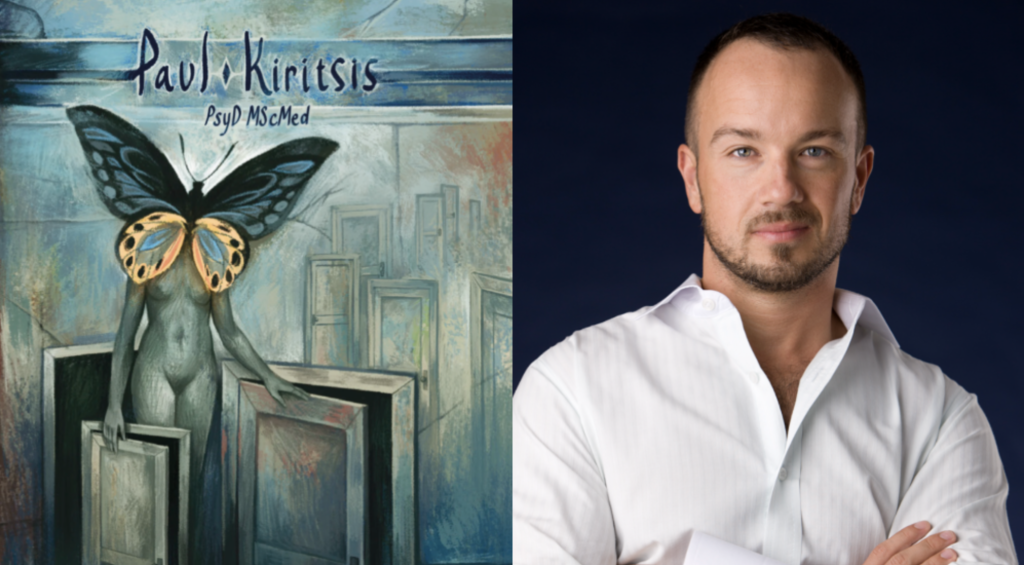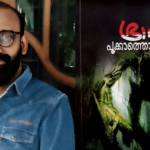In The Riddle of Alchemy, Paul Kiritsis offers readers a remarkable intellectual sojourn into one of humanity’s most enigmatic traditions. Far from being merely a historical account, the work unfolds as a richly layered exploration—interweaving the roots of ancient metaphysical inquiry with the psychological terrain of modern thought. Kiritsis does not simply chronicle the evolution of alchemical thought; he animates it, guiding us through symbolic landscapes that speak to both the external and internal worlds.
Structured with precision and poetic clarity, the book traverses three distinct but harmoniously intertwined dimensions: the historical emergence of alchemy through diverse civilizations and its convergence with Hermetic and Christian esoteric thought; the interpretative lens of psychology, particularly in the context of Carl Jung’s analytical framework; and the bold inquiry into alchemy’s potential consonance with contemporary scientific paradigms.
What distinguishes this work is its fearless embrace of paradox—at once scholarly and imaginative, rigorous yet lyrical. The author invites us not merely to read, but to reflect, to feel, and to intuit. Through vivid descriptions and nuanced exposition, Kiritsis brings to life archetypal symbols like Sol and Luna, recasting them not as antiquated motifs but as vital energies within the human psyche. The philosophical alchemy at work in this text is not confined to the transmutation of metals, but extends to the transfiguration of consciousness itself.
Equally commendable is Kiritsis’ commitment to intellectual openness. Rather than anchoring the narrative in rigid dogma, he cultivates a space where science, mysticism, art, and philosophy can converse. This inclusivity fosters a multidimensional reading experience—one that honors the legacy of alchemy while probing its relevance in today’s spiritual and scientific dialogues.
The editorial quality of the book is of a high order—clear, articulate, and devoid of superfluity. Appendices further enrich the reader’s journey, offering well-curated insights into the symbolic lexicon that alchemy employs. The language flows with a polished elegance, making complex themes not only intelligible but also resonant.
The Riddle of Alchemy stands as a luminous contribution to the literature on esotericism and consciousness studies. It will undoubtedly appeal to philosophers, depth psychologists, seekers of the mystical path, and anyone drawn to the deeper questions that reside at the crossroads of myth and meaning.
With intellectual grace and literary poise, Kiritsis crafts a book that is not only instructive but transformative—a philosopher’s stone of the mind, fashioned not from leaden facts, but from the gold of insight.







